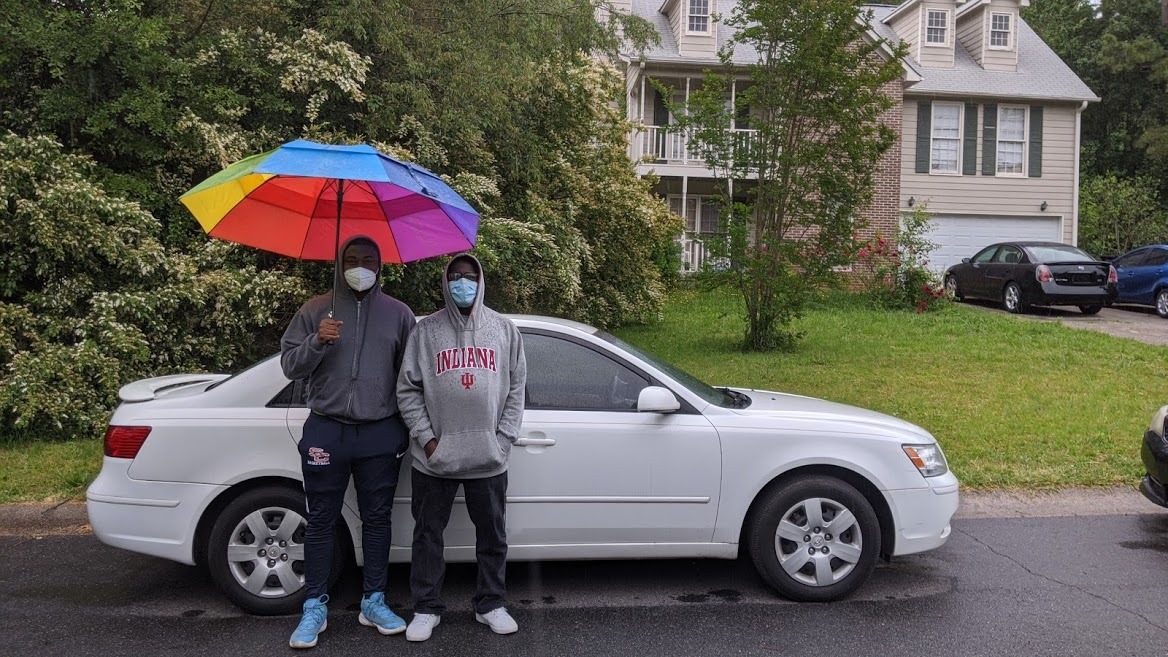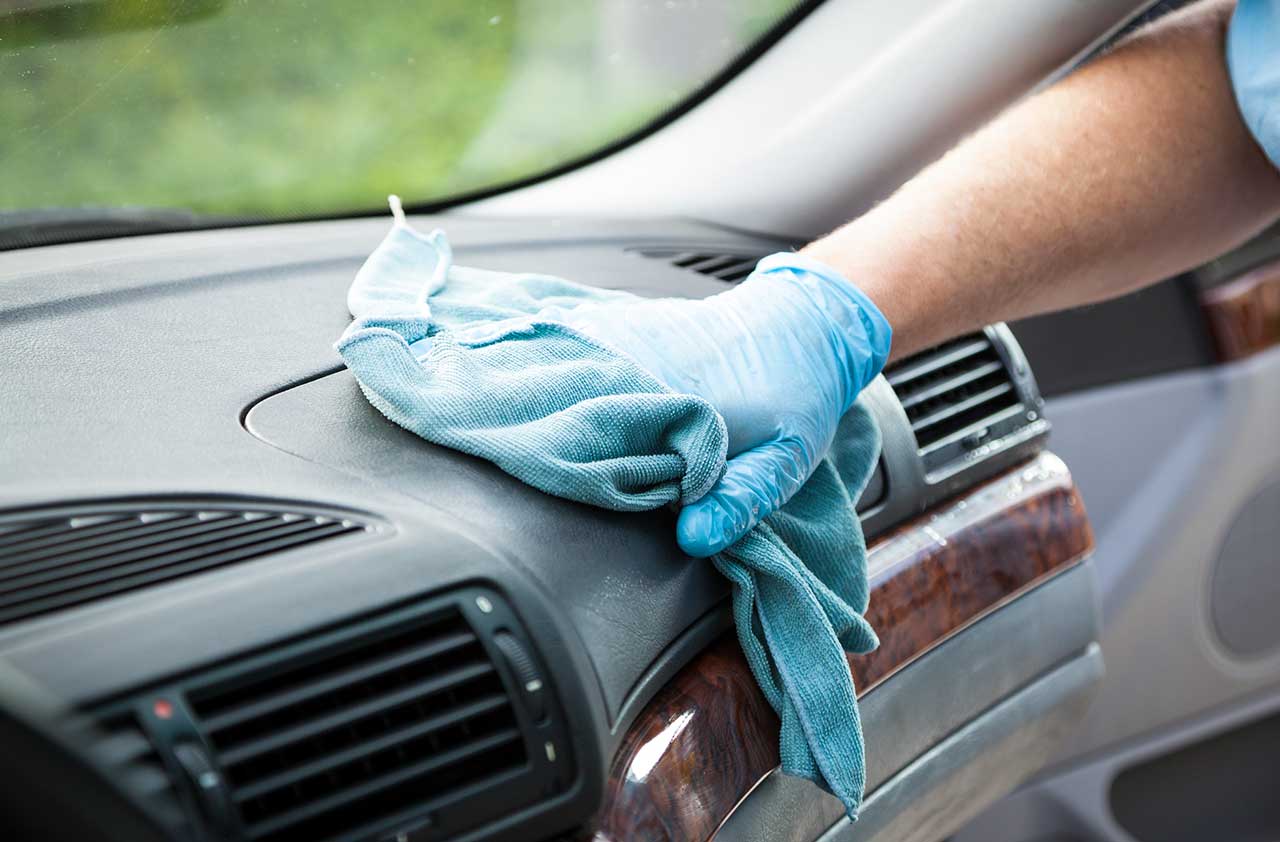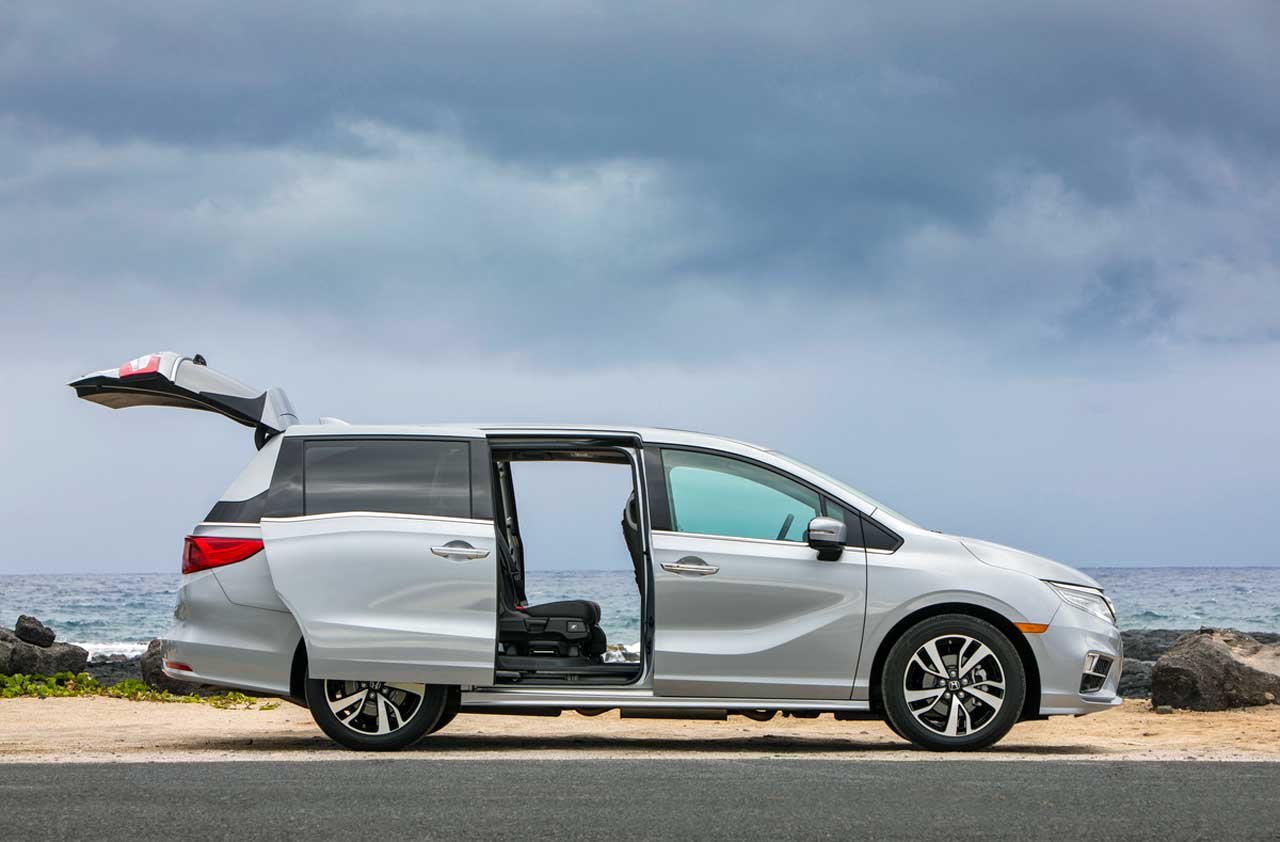What You Must Know About the Exploding Airbag Recall
Discover if, or when, your vehicle will be recalled.


Profit and prosper with the best of Kiplinger's advice on investing, taxes, retirement, personal finance and much more. Delivered daily. Enter your email in the box and click Sign Me Up.
You are now subscribed
Your newsletter sign-up was successful
Want to add more newsletters?

Delivered daily
Kiplinger Today
Profit and prosper with the best of Kiplinger's advice on investing, taxes, retirement, personal finance and much more delivered daily. Smart money moves start here.

Sent five days a week
Kiplinger A Step Ahead
Get practical help to make better financial decisions in your everyday life, from spending to savings on top deals.

Delivered daily
Kiplinger Closing Bell
Get today's biggest financial and investing headlines delivered to your inbox every day the U.S. stock market is open.

Sent twice a week
Kiplinger Adviser Intel
Financial pros across the country share best practices and fresh tactics to preserve and grow your wealth.

Delivered weekly
Kiplinger Tax Tips
Trim your federal and state tax bills with practical tax-planning and tax-cutting strategies.

Sent twice a week
Kiplinger Retirement Tips
Your twice-a-week guide to planning and enjoying a financially secure and richly rewarding retirement

Sent bimonthly.
Kiplinger Adviser Angle
Insights for advisers, wealth managers and other financial professionals.

Sent twice a week
Kiplinger Investing Weekly
Your twice-a-week roundup of promising stocks, funds, companies and industries you should consider, ones you should avoid, and why.

Sent weekly for six weeks
Kiplinger Invest for Retirement
Your step-by-step six-part series on how to invest for retirement, from devising a successful strategy to exactly which investments to choose.
Airbags are meant to save your life in a collision, but it turns out that millions of airbags made by Takata have the potential to kill you. Over time, a mix of age, humidity and heat can degrade the chemical inside the airbag inflator, potentially causing the inflator to rupture when the airbag deploys during a crash—and shooting what is essentially shrapnel at drivers and passengers. This dangerous defect has caused 10 deaths and more than 100 injuries in the U.S.
So far, nearly 70 million vehicles have been recalled—or soon will be—for faulty airbag inflators, adding up to the largest safety recall in U.S. history. In May, the National Highway Traffic Safety Administration said it would be phasing in recalls of between 35 million and 40 million Takata inflators (mostly in passenger airbags) by the end of 2019, on top of the nearly 30 million mostly driver’s airbag inflators that have already been recalled. (For more details, click here.)
Consumers are notoriously lax when it comes to taking their cars in for recalls. But with so many potentially deadly devices in so many vehicles, the level of alarm is high. Problem is, you may not be able to get a replacement anytime soon. A shortage of available parts means that only about one-third of affected airbags have received a fix so far, according to NHTSA.
From just $107.88 $24.99 for Kiplinger Personal Finance
Become a smarter, better informed investor. Subscribe from just $107.88 $24.99, plus get up to 4 Special Issues

Sign up for Kiplinger’s Free Newsletters
Profit and prosper with the best of expert advice on investing, taxes, retirement, personal finance and more - straight to your e-mail.
Profit and prosper with the best of expert advice - straight to your e-mail.
“The reality is, manufacturers are not stepping up as much as they need to,” says Sean Kane, president of Safety Research & Strategies, a safety advocacy group. “It’s hard for me to commiserate with manufacturers who say they are doing everything they can to ramp up production,” he adds, because carmakers helped enable the whole mess by using Takata’s products despite growing evidence of design and manufacturing issues.
What to do
If your vehicle is affected, you should have received a letter from your automaker. Even if you haven’t, run your vehicle information number (VIN) through the search tool at Safecar.gov every few months or sign up for alerts at the site. Your make and model may turn up later.
Contact one or more dealers in your area who sell your brand of car to schedule a repair as soon as possible. Just don’t expect the repairs to happen next week. Vehicles are prioritized based on age and whether they were sold or registered in hot, humid states, such as Florida and Texas, because those factors increase the odds that your airbag will fail.
If the driver’s airbag is faulty, ask your dealer—or the manufacturer, if your dealer won’t budge—for a loaner car while you await a fix. To improve your chances, says Kane, “go up the chain and continue to press for a rental or replacement car.” (If only the passenger airbag is being recalled, your chances of getting a loaner drop, but you can put passengers in the backseat.)
Some automakers are offering an interim, or “like for like,” fix, which means your airbag inflator will be subbed with a newer—but still problematic—Takata inflator. That inflator will eventually have to be replaced as well. Plus, you’ll be shunted to the end of the priority line and may not be called in for a permanent fix until 2019. Still, “if you have an extended period before replacement, I would consider a near-term fix,” says Karl Brauer, of Kelley Blue Book.
What if you simply wait until a replacement airbag is available? Don’t even think about disabling your airbag. Aside from certain Honda and Acura models (according to NHTSA.gov), the odds of injury in a crash without an airbag are far greater than with a potentially defective airbag. To reduce the risk, move your seat back as far as you can while still comfortably controlling the vehicle, suggests Clarence Ditlow, executive director of the Center for Auto Safety, a consumer advocacy group.
Profit and prosper with the best of Kiplinger's advice on investing, taxes, retirement, personal finance and much more. Delivered daily. Enter your email in the box and click Sign Me Up.

-
 5 Vince Lombardi Quotes Retirees Should Live By
5 Vince Lombardi Quotes Retirees Should Live ByThe iconic football coach's philosophy can help retirees win at the game of life.
-
 The $200,000 Olympic 'Pension' is a Retirement Game-Changer for Team USA
The $200,000 Olympic 'Pension' is a Retirement Game-Changer for Team USAThe donation by financier Ross Stevens is meant to be a "retirement program" for Team USA Olympic and Paralympic athletes.
-
 10 Cheapest Places to Live in Colorado
10 Cheapest Places to Live in ColoradoProperty Tax Looking for a cozy cabin near the slopes? These Colorado counties combine reasonable house prices with the state's lowest property tax bills.
-
 Getting a Used Car Deal in a Tight Market
Getting a Used Car Deal in a Tight MarketBuying & Leasing a Car Cars are scarce and prices have gone up. Use these strategies to find the best values.
-
 Get Your Car on the Cheap
Get Your Car on the CheapBuying & Leasing a Car Want to spend less on transportation? Step 1 is a car that’s used, but not used up.
-
 How to Save on a Used Car
How to Save on a Used Carused cars Tips and techniques that can help you save money when shopping for a used car.
-
 How to Buy a Car (for Less!) During COVID-19
How to Buy a Car (for Less!) During COVID-19Buying & Leasing a Car Safety first, but don’t rule out the old-school approach of just picking up the phone and calling your local dealer.
-
 Protecting Your Car During COVID-19
Protecting Your Car During COVID-19Buying & Leasing a Car Lack of exercise won’t make your car flabby, but problems with the battery, the fuel and even malevolent wildlife are a real possibility.
-
 How to Clean and Maintain Your Car in the Coronavirus Era
How to Clean and Maintain Your Car in the Coronavirus EraBuying & Leasing a Car First things first: Let’s disinfect that small, enclosed space.
-
 Should You Buy Your Next Car New or Used?
Should You Buy Your Next Car New or Used?Buying & Leasing a Car There are cases when it’s better to buy new than used. Look for low-priced cars with high resale value.
-
 Minivans: What’s Not to Like?
Minivans: What’s Not to Like?Buying & Leasing a Car The minivan has been unfairly displaced by the three-row SUV as the family hauler of choice.